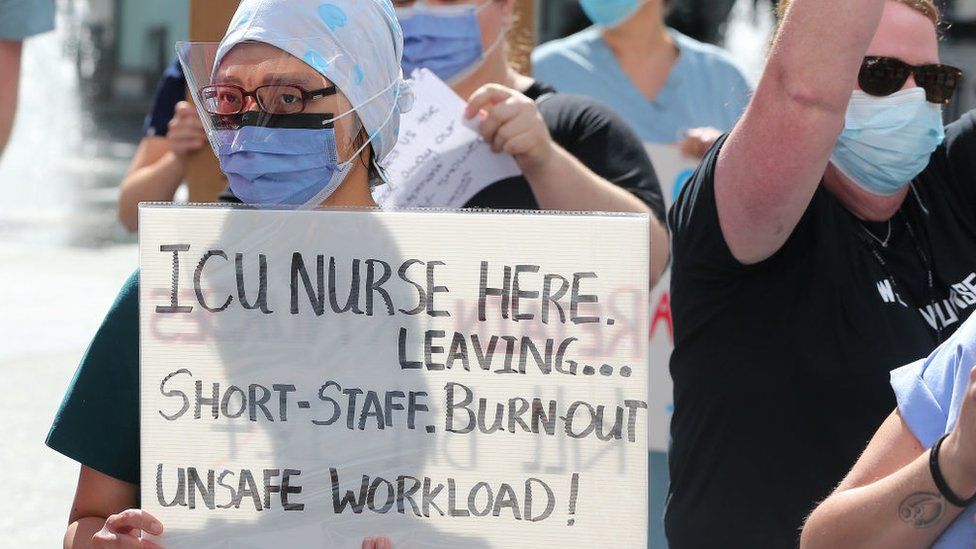FREDERICTON – A look at Blaine Higgs, leader of the Progressive Conservative Party of New Brunswick.
Born: March 1, 1954.
Early years: The son of a customs officer, he grew up in Forest City, N.B., near the Canada-U.S. border.
Education: Graduated from the University of New Brunswick with a degree in mechanical engineering in 1977.
Family: Married his high-school sweetheart, Marcia, and settled in Saint John, N.B., where they had four daughters: Lindsey, Laura, Sarah and Rachel.
Before politics: Hired by Irving Oil a week after he graduated from university and was eventually promoted to director of distribution. Worked for 33 years at the company.
Politics: Elected to the legislature in 2010 and later served as finance minister under former Progressive Conservative Premier David Alward. Elected Tory leader in 2016 and has been premier since 2018.
Quote: “I’ve always felt parents should play the main role in raising children. No one is denying gender diversity is real. But we need to figure out how to manage it.” — Blaine Higgs in a year-end interview in 2023, explaining changes to school policies about gender identity.
This report by The Canadian Press was first published Sept. 19, 2024.
